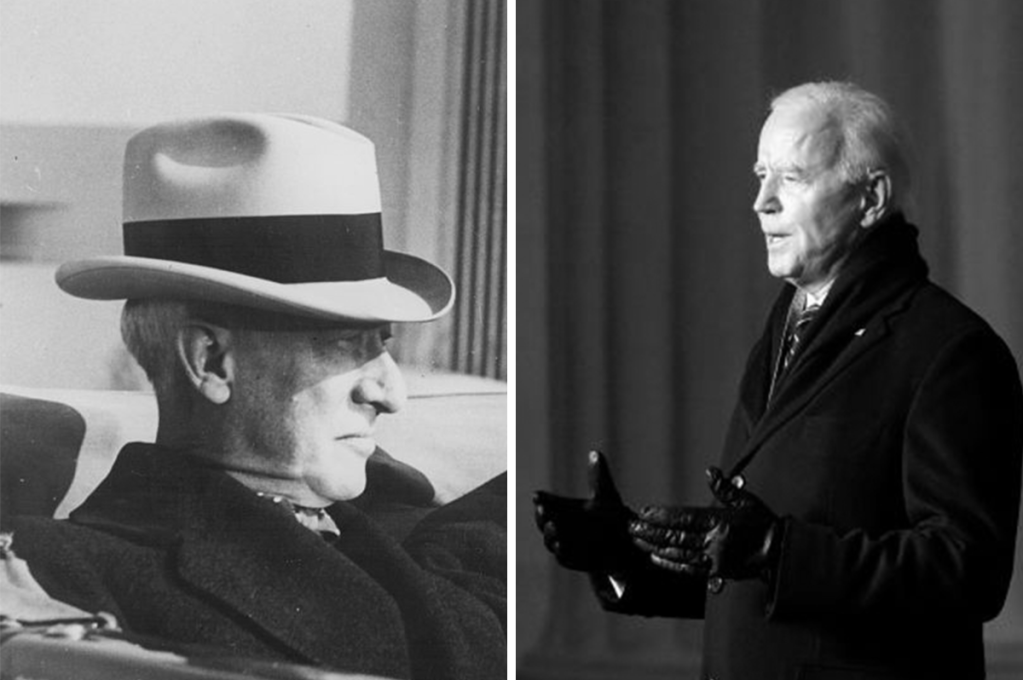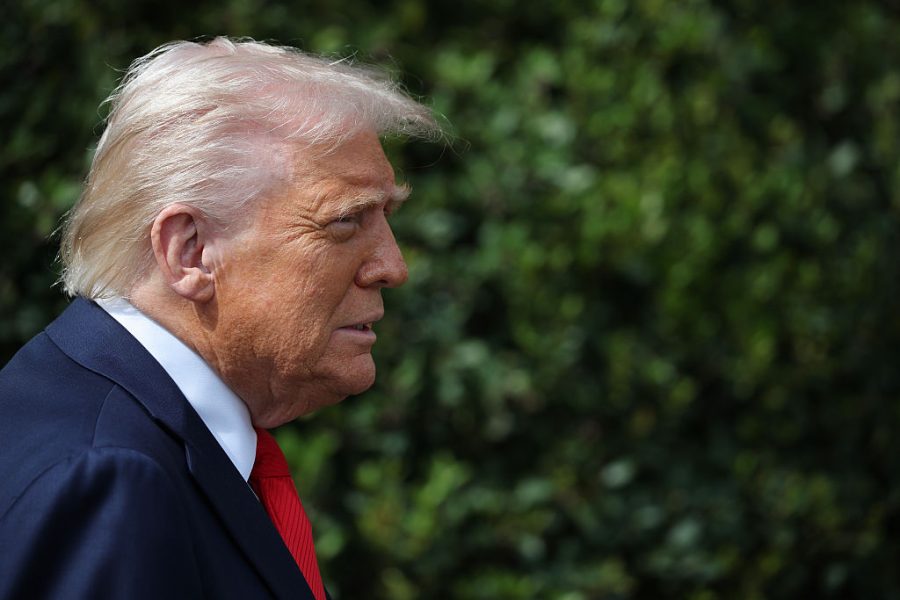January 20, 2021 saw Joe Biden become the second Catholic to be inaugurated as president.
His installation was hailed by many as an historic moment of progress for Catholics in American public life. The New York Times today labeled him ‘perhaps the most religiously observant commander in chief in half a century’. To be sure, his campaign for the White House made every effort to play up his religion, a far cry from the almost apologetic tone John Kennedy was made to strike more than 50 years ago.
Some too, perhaps inevitably, have compared Biden to Al Smith, the New York governor who in 1928 became the first Catholic to lead a party ticket for the White House. But make no mistake, Biden is no Smith — indeed, they differ wildly on their vision for religion and the public square.
Smith faced outright bigotry during his campaign, with many asserting that no faithful Catholic could be entrusted with high executive office for fear they would ram their popish values down the national throat.
In mounting his own defense, Smith pointed out that Catholicism and Catholics in America shared with the rest of the country an essential belief in the common values and moral order established by divine and natural law.
‘The essence of my faith is built upon the Commandments of God. The law of the land is built upon the Commandments of God. There can be no conflict between them,’ so Smith succinctly put it in a response to an attack in an open letter published in the Atlantic.
‘Inculcating obedience to these Commandments in the hearts and minds of the youth of the country,’ said Smith, is ‘the surest and best road to happiness on this earth and to peace in the world to come,’ and something all Americans could agree upon.
Fast forward 92 years and the commandments of God are barely recognizable in the platform upon which Joe Biden stood for office.
The former quietly pro-life senator has become a president pledged to enshrining the full scope of Roe v. Wade into federal law, offering what meager protections the states currently afford the unborn as his last pinch of incense before the altar of political power.
Where Smith insisted that ‘complete religious liberty for individual and religious bodies’ is ‘a principle of government that is good Americanism and good Catholicism,’ Biden pledged to ensure that Catholic nuns — like those he credited as his inspiration in campaign videos — pony up to cover contraceptives and abortifacient drugs through their healthcare or see him back in court.
Smith scoffed to his opponents that ‘in the wildest dreams of your imagination, you cannot conjure up a possible conflict between religious principle and political duty in the United States, except on the unthinkable hypothesis that some law were to be passed which violated the common morality of all God-fearing men.’
Far from the consensus for natural law in public life found even in the overtly sectarian bigotry of the 1920s, we now have a Catholic president who ran insisting that the insidious pseudo-science of gender theory be enshrined in our country’s anti-discrimination laws, complete with the provision that it override religious freedom protections.
Smith had to face down public accusations that he would favor his own over the creeds of others while in office. Biden has so clearly set his face against his Church that the US bishops felt the need to convene a special working group to address the challenges of a president who dissents so publicly from their moral teaching.
In his Atlantic letter, Smith proposed to his accuser that, so fundamental was the common faith of Americans in God’s moral law, they could agree that ‘what we need is more religion for our young people, not less.’
‘And,’ Smith said, ‘the way to get more religion is to stop the bickering among our sects, which can only have for its effect the creation of doubt in the minds of our youth as to whether or not it is necessary to pay attention to religion at all.’
Conversely, for all his casual brandishing of rosary beads, Biden presents an interesting inversion of Smith’s invitation: having emptied his public Catholicism of any distinct moral teaching or content beyond that permitted by his party’s platform, he has instead plastered the images of popes and nuns across his campaign ads.
Biden presents the mirage of Catholicism, blaring the colors and sounds of religion without pronouncing the inconvenient truths of the faith. It is an illusion of identity, an ‘Irish Catholic’ schtick as authentic as green beer, meant to mask the total conformity to the modern morality of the secular left.
Whatever his personal sincerity and devotion may be, purely as a matter of politics, President Biden’s Catholicism seems to follow the law of inverse relevance: the more it is talked about, the less influence it actually has on his policy priorities.
By virtue of his baptism, Joe Biden is and always will be a Catholic. By mandate of the voters, he is the President for the next four years. But neither of these makes him heir to Al Smith, a Catholic and a politician from a different time, and of a different caliber.

























